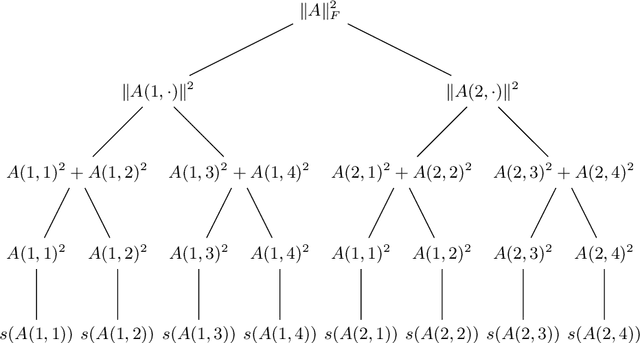Yekun Xu
Effective and Transparent RAG: Adaptive-Reward Reinforcement Learning for Decision Traceability
May 19, 2025Abstract:Retrieval-Augmented Generation (RAG) has significantly improved the performance of large language models (LLMs) on knowledge-intensive domains. However, although RAG achieved successes across distinct domains, there are still some unsolved challenges: 1) Effectiveness. Existing research mainly focuses on developing more powerful RAG retrievers, but how to enhance the generator's (LLM's) ability to utilize the retrieved information for reasoning and generation? 2) Transparency. Most RAG methods ignore which retrieved content actually contributes to the reasoning process, resulting in a lack of interpretability and visibility. To address this, we propose ARENA (Adaptive-Rewarded Evidence Navigation Agent), a transparent RAG generator framework trained via reinforcement learning (RL) with our proposed rewards. Based on the structured generation and adaptive reward calculation, our RL-based training enables the model to identify key evidence, perform structured reasoning, and generate answers with interpretable decision traces. Applied to Qwen2.5-7B-Instruct and Llama3.1-8B-Instruct, abundant experiments with various RAG baselines demonstrate that our model achieves 10-30% improvements on all multi-hop QA datasets, which is comparable with the SOTA Commercially-developed LLMs (e.g., OpenAI-o1, DeepSeek-R1). Further analyses show that ARENA has strong flexibility to be adopted on new datasets without extra training. Our models and codes are publicly released.
Quantum-Inspired Classical Algorithm for Principal Component Regression
Oct 16, 2020
Abstract:This paper presents a sublinear classical algorithm for principal component regression. The algorithm uses quantum-inspired linear algebra, an idea developed by Tang. Using this technique, her algorithm for recommendation systems achieved runtime only polynomially slower than its quantum counterpart. Her work was quickly adapted to solve many other problems in sublinear time complexity. In this work, we developed an algorithm for principal component regression that runs in time polylogarithmic to the number of data points, an exponential speed up over the state-of-the-art algorithm, under the mild assumption that the input is given in some data structure that supports a norm-based sampling procedure. This exponential speed up allows for potential applications in much larger data sets.
 Add to Chrome
Add to Chrome Add to Firefox
Add to Firefox Add to Edge
Add to Edge